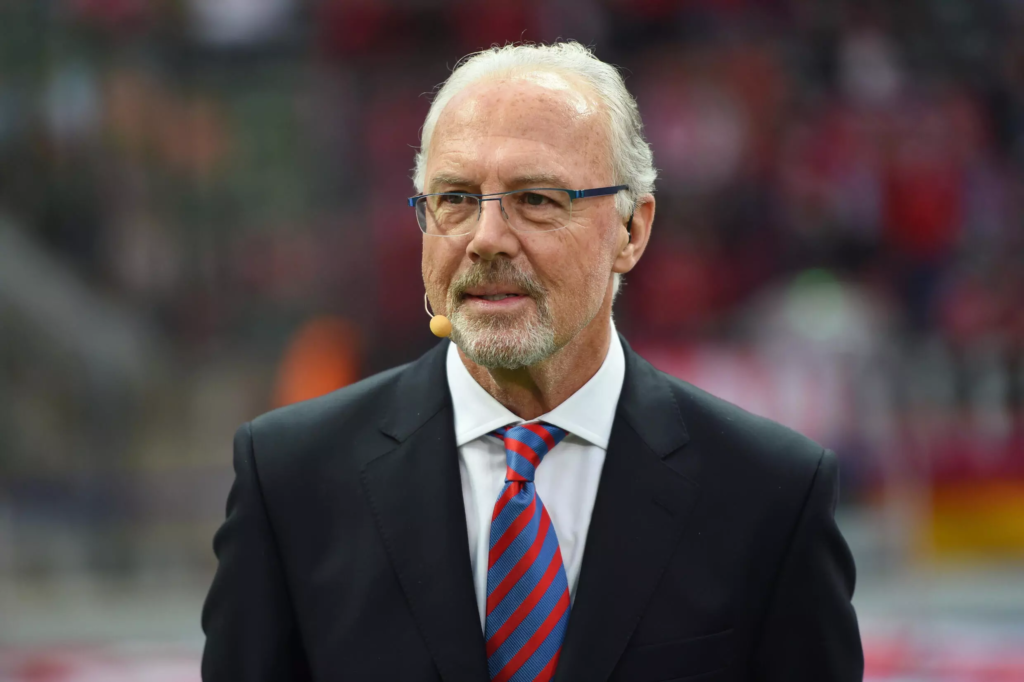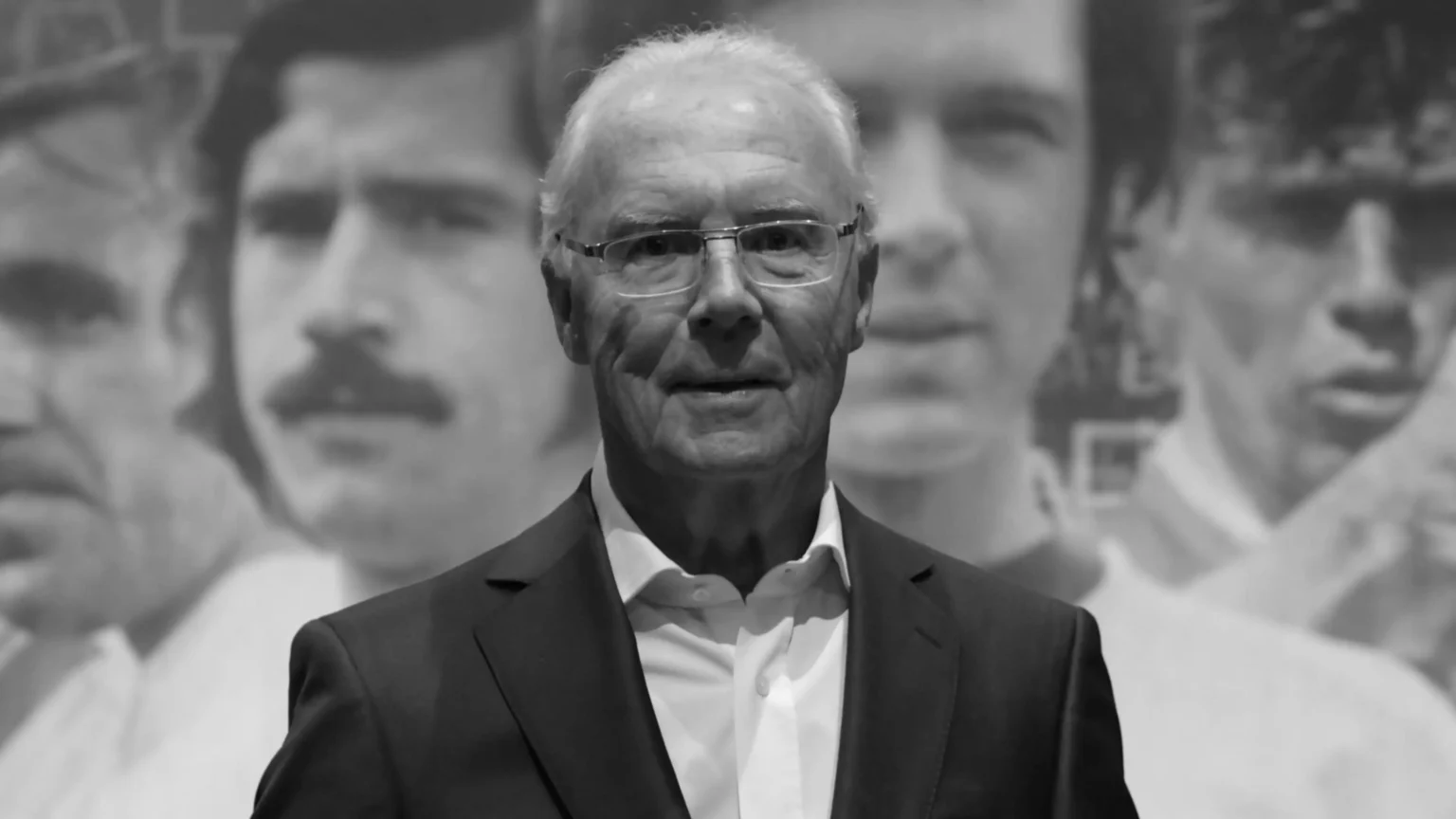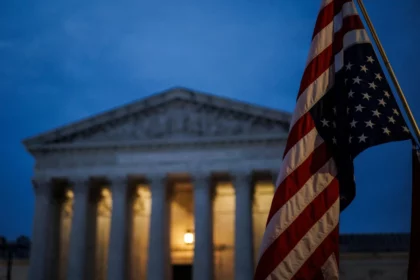German legend Franz Beckenbauer, who left a unique imprint on German football as player, captain, and coach, has died at the age of 78, the German Football Association said Monday.
“Franz Beckenbauer was definitely the biggest German footballer of all time, and above all one of the greatest men who I have known,” said DFB vice president Hans-Joachim Watzke.
Beckenbauer, one of only three men to win the World Cup as a player and as a coach, passed away on Sunday, the DFB said.
Tributes flowed in for the football hero, with Chancellor Olaf Scholz and former German captain Lothar Matthaeus alike saying “we will miss him”.
UEFA praised Beckenbauer as “one of European football’s greatest sons” who “shaped German football like no other”, while the English Premier League described him as the “most beautiful of footballers who won it all with grace and charm”.
Former captain of the German team in the 1970s, Beckenbauer had in the last years been suffering from health problems and lived mostly withdrawn from the public eye in Salzburg in Austria, just across from the German border.
Known in football-mad Germany as “the Kaiser” meaning “the Emperor”, Beckenbauer played a central role in some of the country’s greatest sporting achievements, but his legacy was later tarnished by his involvement in scandals surrounding Germany’s successful bid to host the 2006 World Cup.
Born in Munich in 1945, Beckenbauer helped establish Bayern as his country’s strongest club.

Alongside Brazilian Mario Zagallo — who died aged 92 on Friday — and France’s Didier Deschamps, Beckenbauer is one of only three men to have won the World Cup as both a player and a manager.
He captained West Germany to the 1974 World Cup title on home soil when they beat the Netherlands 2-1 in the Munich final, then managed the team that beat Argentina 1-0 in Rome to lift the trophy at Italia 90.
Beckenbauer, a commanding figure on and off the pitch, was named European Footballer of the Year in both 1972 and 1976.
He made 424 appearances in the Bundesliga, scoring 44 goals, including in 13 years for Bayern, before joining Hamburg and New York Cosmos, where he finished his playing career in 1983.
Beckenbauer had stints as manager in club football at both Bayern and Marseille, winning the French league title in 1991 and the Bundesliga in 1994.
In 1996, he stopped coaching and his role as president of Bayern led to a place on the Executive Committee of football’s governing body FIFA.
Off the field, Beckenbauer led Germany’s successful bid to host the 2006 World Cup, a successful tournament that is still nostalgically referred to in Germany as “das Sommermaerchen” — ‘The summer fairytale’.
However, the story turned sour in October 2015 when Spiegel broke a cash-for-votes scandal story.
The magazine alleged that, in 2000, the German Football Association (DFB) had bought the votes of four Asian members of FIFA’s 24-strong executive committee to secure the hosting of the 2006 World Cup finals.
Beckenbauer had maintained his innocence.
Beckenbauer had heart surgery in 2016 and again in 2017 when worrying news about his ill health began to emerge.
At the beginning of January 2023, the football icon was absent at the funeral of Pele. A few months later in August, he missed the traditional annual gathering of Germany’s 1990 world champions.
On each of these occasions, health had been cited as a reason.

The last time he appeared at Bayern Munich’s Allianz Arena was in August 2022, when he attended a match of home team against Borussia Moenchengladbach.
Wolfgang Overath, who lifted the World Cup with Beckenbauer in 1974, said it was “unimaginable that (Beckenbauer) is no longer around.
“He towered over everyone… and yet he was so down to earth,” said Overath, recalling that Beckenbauer had phoned him just three months ago for his birthday “with all the strength he still had then”.




